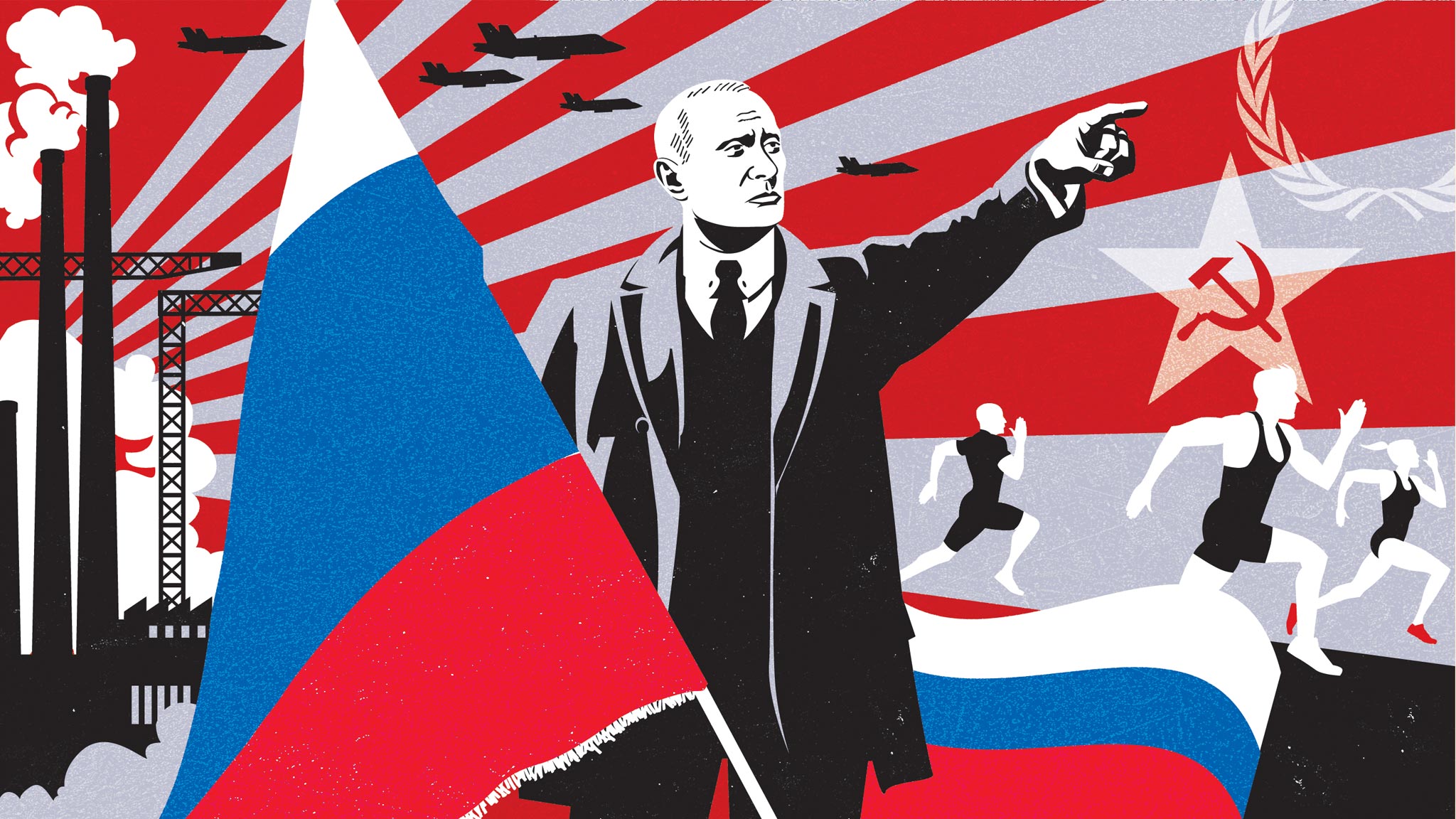PROPAGANDA: THE DEVIL IS IN THE DETAILS
Опубліковано: 2022-05-19 in International

During the war, propaganda became one of the important tools for shaping public opinion, not only in countries directly involved in hostilities. It shapes the mood in many other countries, and this is no less important.
I'll start with a clear and relevant example. Hungary held parliamentary elections in early April, in which incumbent Prime Minister Viktor Orban managed to maintain and strengthen his position. On May 16, he was approved for his position for the fifth time by the Hungarian parliament. During the election campaign, the FIDESZ leader managed to convince voters that the Russian-Ukrainian war is a threat to Hungary, so it is not necessary to help Ukraine, but it is necessary to buy gas from Russia. A couple of days before election day, Orban's ally Peter Siyyarto (foreign minister in the previous and new governments) accused his Ukrainian counterpart, Dmytro Kuleba, and Ukraine's ambassador to Hungary, Lyubov Nepop, of trying to interfere in the vote. Obviously, this was a technological trick, but it gave Orban (frankly, Russia) the desired result.
The Russian-Ukrainian war, as the largest military conflict in Europe since 1945, has attracted worldwide attention. For obvious reasons, the world's major players can not stay away, they are actively forming their own position. NATO sided with Ukraine and in mid-April switched to «howitzer diplomacy», starting to supply our country with 155-millimeter NATO-style guns, to which there is no shortage of shells. Given the law on lend lease passed in the United States, Ukraine will receive other offensive weapons.
These changes can be called revolutionary, because until February 24, 2022, a number of European countries did not want to hear about the supply of lethal weapons to Ukraine, especially heavy offensive weapons. However, the awareness of the criminality of Russia's actions, the war crimes of its members, forced NATO countries to change their position.
Russia is trying to rectify the situation in its own way. They do not rely on success on the battlefield, but on information and psychological operations (IPSO). The Kremlin is trying to use the experience of a hybrid war against Ukraine in conditions of intense hostilities, using some existing developments. They are based on the post-truth, the desire to impose one's own opinion on events that seem obvious. In this way, Russian propagandists are trying to compensate the lack of trust in their own messages.
At the beginning of May 2022, the panel on the central square of Chernivtsi was changed, now it is a blue and yellow flag with the symbols of Ukraine and the European Union. The previous version – with the image of a document dated 1408, in which the Moldavian ruler Alexandru Cel Bun (Alexandru the Good) mentioned Chernivtsi, was carefully dismantled. However, Russian propaganda has skillfully inflated the story by directing propaganda efforts on the Romanian-Moldovan border. These countries are not only important for the transit of goods to Ukraine during the blockade of Ukrainian ports, but also received hundreds of thousands of refugees from Ukraine. Erosion of solidarity with our state in the face of Russian aggression is one of the main tasks of propaganda there.
In a column in The Telegraph, Polish Prime Minister Mateusz Morawiecki aptly compared the "Russian world" to a cancerous tumor that is constantly growing, destroying healthy cells. The fakes produced by Russia are becoming real metastases that need effective treatment.
It is no coincidence that in France, in early May, Adrian Boquet appeared in the local media, calling himself a volunteer and claiming that Ukraine cannot be supplied with weapons because the use of weapons was controlled by the Nazis from Azov (quoted by Boquet). The French ex-military and volunteer claims that the war crimes in Bucha were committed by the Ukrainian military and he seems to have seen it for himself. It remains a mystery how he managed to do this, as he did not provide any evidence, claiming that the photos and videos were removed from his phone by the same "Azovs". Boquet skillfully uses stereotypes that exist in a number of European countries to whitewash Russia's war crimes. However, in France he is increasingly questioning the veracity of his statements.
It is worth emphasizing once again that Russian propaganda, given the significant loss of trust in Ukraine and limited opportunities in the EU (the European Commission has recommended limiting broadcasting on Russia Today and Sputnik Media), will continue to use various methods of influence, act cynically, betting on lies and post-truth. It can be countered not so much by bans, but by effective information policy and increasing knowledge about Ukraine's neighbors, expert dialogue and tools of cultural diplomacy.
Yevhen Mahda, director of Institute of World Policy
Photo Financial Time